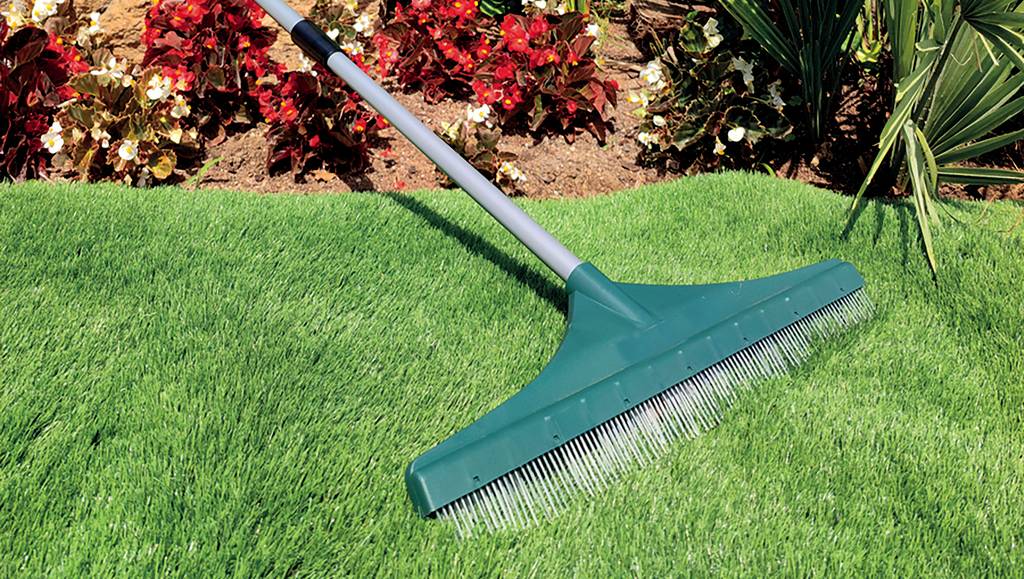Artificial grass is a fantastic low-maintenance alternative to natural lawns—but it still needs occasional cleaning. Over time, debris, pet mess, and dirt can build up, causing discolouration, odours, or even moss. In this guide, we’ll show you how to clean artificial grass using a pressure washer and a wet and dry vacuum, including when and how to use each method.
Why Clean Artificial Grass?

Cleaning artificial grass keeps it:
- Visually vibrant and green
- Free from odours (especially from pets)
- Safe for children and pets
- Longer-lasting
Even though artificial turf doesn’t grow weeds or need mowing, it still collects:
- Dust and pollen
- Leaves, twigs, and organic debris
- Pet hair and waste
- Algae or moss in shaded areas
Method 1: Cleaning with a Pressure Washer

Best for:
Seasonal deep cleans, compacted dirt, moss, and outdoor installations with proper drainage.
What You Need:
- Pressure washer (adjustable nozzle recommended)
- Optional: turf-safe detergent or diluted vinegar
-
Broom or turf brush (for pre-clean)
Step-by-Step:
- Remove debris: Pick up branches, leaves, or large waste.
- Brush the turf: Loosen compacted dirt using a stiff broom.
- Adjust the nozzle: Set to a wide fan spray to prevent turf damage.
- Spray at an angle: Hold 30–50 cm from the surface and spray across the grain.
- Use detergent if needed: Rinse thoroughly if using a cleaning agent.
- Allow to dry: Let the turf air dry completely before walking on it.
Pro Tips:
- Avoid spraying glued seams directly
- Only use this method on turf with drainage
-
Test pressure on a small area first
Method 2: Cleaning with a Wet & Dry Vacuum
Best for:
Quick clean-ups, pet hair, indoor turf, balconies, and damp debris.
What You Need:
Step-by-Step:
- Vacuum dry debris: Switch to dry mode and vacuum slowly.
- Tackle moisture: Switch to wet mode to remove rainwater, spills, or damp debris.
- Deodorise if needed: Sprinkle turf-safe deodorising granules.
Benefits:
- No risk of pressure damage
- Works on any surface
- Safe for indoor or shaded turf
Bonus Tips for Pet Owners
- Clean solid waste immediately
- Rinse pet spots regularly with water
-
Use enzyme-based turf cleaners if odours persist
Pressure Washer vs. Wet & Dry Vacuum
| Feature | Pressure Washer | Wet & Dry Vacuum |
|---|---|---|
| Best for | Deep clean, stains, algae | Routine cleaning, pet hair |
| Surface suitability | Outdoor turf with drainage | Indoor/outdoor, all types |
| Frequency | 2–4× per year | Weekly to monthly |
| Risk of damage | Medium (if used improperly) | None |
Keep Your Turf Looking Its Best
For optimal turf hygiene, use a wet & dry vacuum for weekly maintenance and a pressure washer for seasonal deep cleans. This combination will extend the life of your artificial grass and keep it clean, odour-free, and safe year-round.
Looking for reliable tools? Browse our collection of wet & dry vacuums and pressure washers made for turf, patios, and outdoor spaces.





